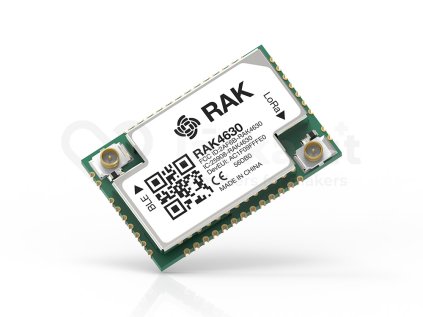ARM Development Boards
Do you find the performance of a typical Arduino development board insufficient? Check out powerful microcontrollers, some of which offer a hundred times more power than Arduino UNO. ARM microcontrollers can manage as much workload as you might need.
Might interest you
from our blog:
Bestsellers
What are the main differences between the classic Arduino Uno board and a board based on an ARM microcontroller?
- Microcontroller :
- Arduino Uno boards utilizes an 8-bit Atmel AVR microcontroller (ATmega328).
- ARM boards are built on more powerful 32-bit ARM processors.
- Performance and Memory:
- ARM boards typically provide superior computational power, increased RAM, and flash memory, making them advantageous for intricate applications.
- Pin Interface:
- While many Arduino Uno and ARM boards share similar pin interfaces, ARM boards often offer supplementary features and higher I/O operation speeds.
- While many Arduino Uno and ARM boards share similar pin interfaces, ARM boards often offer supplementary features and higher I/O operation speeds.
- Software Compatibility:
- Arduino Uno boards have a wide range of libraries and easy to follow instructions, making them user-friendly for beginners.
- ARM boards may require more advanced programming knowledge due to their more complex architecture.
- Price:
- Arduino Uno boards is generally more budget-friendly and easily accessible, making it well-suited for DIY projects and educational purposes.
- ARM boards may be more expensive but offer better performance for more demanding applications.
ARM Cortex cores are used in a wide range of microcontrollers and microprocessors, employed in various development boards, including some based on the Arduino platform.
The best known and most widely used boards based on ARM microcontrollers include:
Raspberry Pi Pico
STM32 Nucleo
The Nucleo boards by STMicroelectronics provides a wide range of options featuring different microcontrollers from the STM32 series. These boards are known for their modularity, the mbed platform support, and different models employing various ARM Cortex cores (Cortex-M0, M3, M4, etc.). They are suitable for prototyping and education due to their flexibility and accessibility.











